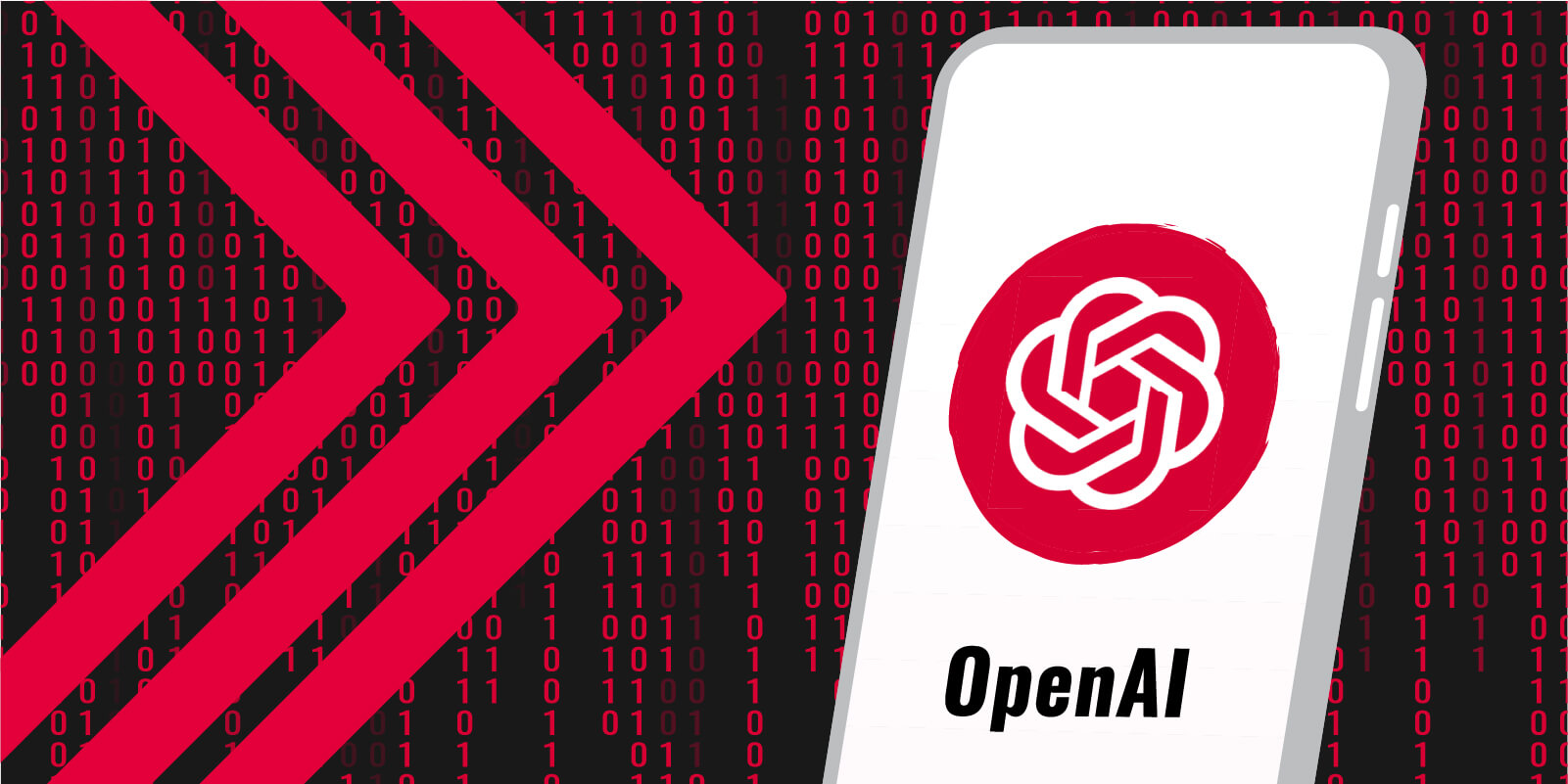These days, we are amazed at what artificial intelligence, specifically what ChatGPT, is already able to do. However, according to Dirk Nögel, Director Digital Products & Innovations at Crossmedia Germany, what we are seeing here is merely the dawning of a rapidly advancing development. He outlines where the journey is headed and what changes we can expect.
Listen to this article:
We all know the famous words by Amazon founder Jeff Bezos: “It’s still day one.” The message behind it: Even though our world already appears to be incredibly digital to us today, we are still at the very beginning. In their current form, smartphones, social media and e-commerce are not the end of digitization, but merely a snapshot of the very beginning of a development, the end of which cannot be predicted yet.
Slowly, it is becoming apparent where the digital journey is headed. The AI revolution, which has already been discussed for a long time now, is now actually pushing into our daily working lives with great force. In recent weeks, social media has been abuzz with enthusiastic reviews of ChatGPT, a service provided by OpenAI, making the following clear: no one expected AI to have reached such a stage of development already.
However, while it’s definitely exciting to have ChatGPT spit out a list of ideas write Python code for us, it’s hard to truly grasp the magnitude of the change. Even as it is slowly dawning on us that we are entering a new era, we still continue to underestimate the speed and quality of Artificial Intelligence and, as such, the extend of the disruption that lies ahead:
1) Speed: Exponential growth.
If we compare the results of AI-generated images from six months ago and today, we see that they are worlds apart. The first images, which were viewed with enthusiasm not long ago, appear rather awkward and silly from today’s perspective. Everything suggests that we will be looking at today’s AI outputs in the same way in merely a few weeks. This is because AI is currently developing exponentially. As it stands today, ChatGPT is merely a snapshot in time that will pale in comparison to the tools we’ll have at our disposal a year from now.
2) Quality: No longer distinguishable
Today, AI-generated content can be easily recognized as such in many cases. Specialized online tools recognize AI-generated texts with great accuracy. AI-generated music, voices, images and videos are not yet at the level where we could consider them evenly matched. However: due to the rapid development, we are getting closer to this point day by day. So, as time moves on, we won’t be able to tell if lyrics, voices, images and videos are AI-generated. This is rather a matter of weeks and months, not decades, as many may believe. Some examples of current, AI-generated pictures: https://www.midjourney.com/showcase/top/
3) Extent of change: Everything is being turned upside down
New working world
A considerable part of typical office tasks, such as answering emails, creating budget overviews, summarizing meetings or creating documents can effortlessly be done by AI. Currently, this requires a human being who selectively integrates and controls the AI – yet even this is only a snapshot. It will take companies time to adapt to the new possibilities, and a great deal is still unclear. Nevertheless, it is already possible to foresee that a large share of today’s office jobs will disappear or, at least, undergo massive change in the future.
New balance of power
Google, Meta, Apple and Amazon have dominated our digital world until now. The breakthrough development in AI is not coming from these top dogs, though. New players, such as OpenAI are entering the scene and making their technology available to everyone via APIs. What is more, open source applications are also suddenly playing at the forefront. We can look forward to new developments from Google, whose business model is most at risk. The search feature is still the driving force behind Google’s success. But who is going to click through lists of search results when AI will deliver the answer directly in one sentence?
New advertising world
Soon we’ll be seeing more and more completely AI-generated ads, taking automated ad targeting and dynamic creatives to a whole new level. In the beginning, we will have static ads, and later on, videos. First only parts, then whole ads. First on the web, then at some point on the TV screen. Human creativity that manages to break out of the AI-generated uniformity will become all the more valuable. Yet they, too, will be inspired by AI.
AI in all areas
One could continue this list at will: What about journalism? How are we going to deal with the risk of AI purposefully scattering fake news? What is happening in entertainment? Could we be seeing a Netflix series created live by AI, tailored to our needs, for example? What about those parts of the population that are overwhelmed by the development? What happens when AI enables robots to interact in a deceptively human way? Will we have virtual colleagues who perform certain tasks without pay or breaks? It’s still day one…
If you want to read another take on ChatGPT, you can find our American colleague Matt Asman’s blog post here.











What Do You Think?